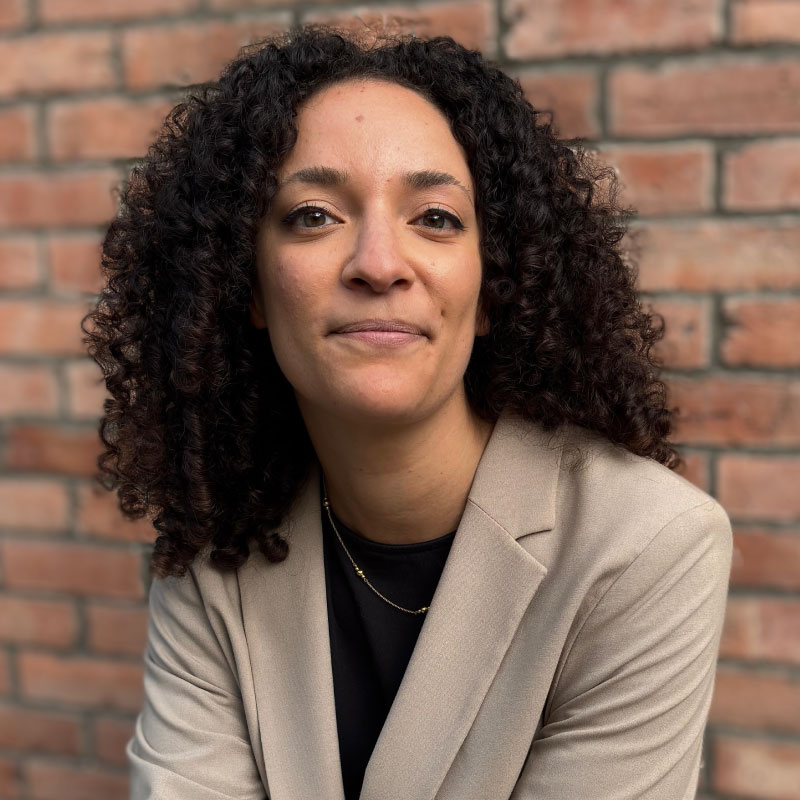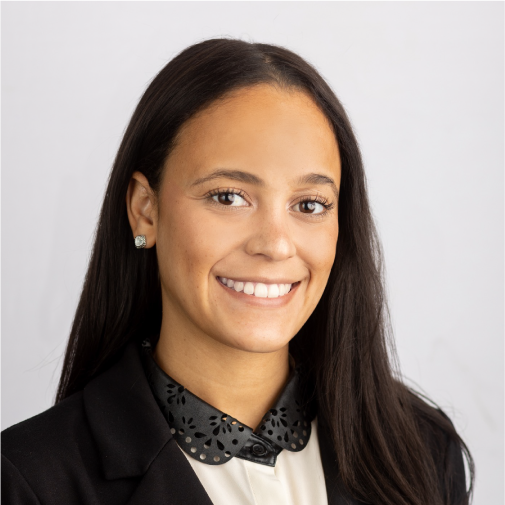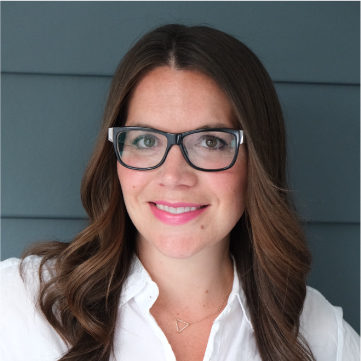Introduction
We are excited to announce that Asimov is partnering with iGEM in 2023! At Asimov, we believe that the ability to engineer biology will transform all aspects of our daily lives, from therapeutics, to agriculture, to materials, and more. Our vision for the field aligns well with that of iGEM, which focuses on solving the world’s problems with synthetic biology. By giving back to iGEM, we are supporting the next generation of synthetic biologists.
Celebrating their 20th year in 2023, the annual International Genetically Engineered Machine (iGEM) Competition will bring together over 7,000 undergraduate and high school students from around the world to engineer biology in new ways. These students push the boundaries of synthetic biology every year and bring innovative approaches to solving some of the world’s largest problems.
In the coming months, we will be supporting teams in the following ways:
Kernel: software for genetic designers
Kernel is Asimov's software for computer-aided genetic design. For the first time ever, we are giving iGEM teams access to Kernel to help the teams design and share their plasmids. Students will gain access to an immense library of parts to work with, including the iGEM Registry of Biological Parts and the new mammalian parts collection. Team members will be able to share their plasmid designs with each other and with other teams, allowing for quick and easy collaboration on genetic systems.
Genetic device characterization for teams
Many teams lack access to the infrastructure needed to run mammalian experiments for their projects. Mammalian synthetic biology is also time consuming, which may prevent teams from making progress during the timespan of the competition. Our goal is to bring more mammalian synthetic biology to iGEM. We are offering an opportunity for select iGEM Competition teams: participants will be able to submit designs for genetic devices; Asimov will build and characterize these devices in our lab in Boston and send measurement data to the teams. Through this offer, teams will be able to pursue mammalian projects without having to run the experiments themselves.
Mammalian parts collection
We are also providing a curated collection of characterized mammalian genetic parts to iGEM teams, which will allow more teams to start working in mammalian systems. This collection includes a set of basic parts and more complex devices (promoters, 5’UTRs, protein coding sequences, etc.), the cloning vectors needed to build new parts, and a set of fluorescent protein transcriptional units for measurement studies. This collection follows the iGEM Type IIS Assembly Standard, allowing teams to use one of the assembly methods approved by iGEM.
Producing the iGEM Distribution Kit
Lastly, we are manufacturing the DNA and measurement components of the iGEM 2023 Distribution Kit. The Distribution Kit is sent to every iGEM team in the world, giving teams access to high quality DNA parts and measurement calibrants for plate readers to help them succeed with their projects. Receiving hundreds of DNA parts in the Distribution Kit allows iGEM teams to begin building genetic devices easily while they wait for other DNA parts to arrive via synthesis, which can take several weeks or longer depending on their country or region. There may also be teams who do not have access to synthesis or who may be under-resourced in other ways, where receiving the hundreds of verified DNA parts in the Distribution Kit will be crucial to building genetic devices for their projects.
We’ll be bringing in high quality control checkpoints to the Distribution Kit manufacturing process, including full plasmid sequencing, and DNA quantification and concentration normalization of every plasmid in the kit to ensure teams receive plenty of DNA to work with these plasmids in their labs. We’ll also be manufacturing the measurement calibration kit, so teams can easily measure their devices in plate readers and participate in the iGEM InterLab Studies. We’ll also work closely with iGEM Headquarters to pack the kits and get them sent to teams around the world. Collectively, we’ll be prepping over 3,000 measurement calibrant tubes and over 175,000 DNA samples for the 2023 iGEM teams.
Throughout the year, we will be engaging with teams through the iGEM Global Slack, online tutorials and webinars, and we’ll also be providing a Beginner’s Guide to Mammalian Synthetic Biology to help teams as they work on mammalian synbio projects in their labs. It’s going to be an exciting year - we can’t wait to see what teams will achieve this year and we’ll see you at the 2023 Grand Jamboree!
Asimov made the DNA for this year’s iGEM competition, in which students engineer living cells to solve challenges. The DNA is packed into plastic plates, and each sequence can be stitched to others to create genetic circuits that imbue living cells with new functions. Last year, a winning iGEM team made spider silk from bacteria, and then combined the material with mussel foot proteins to create biodegradable fishing nets.


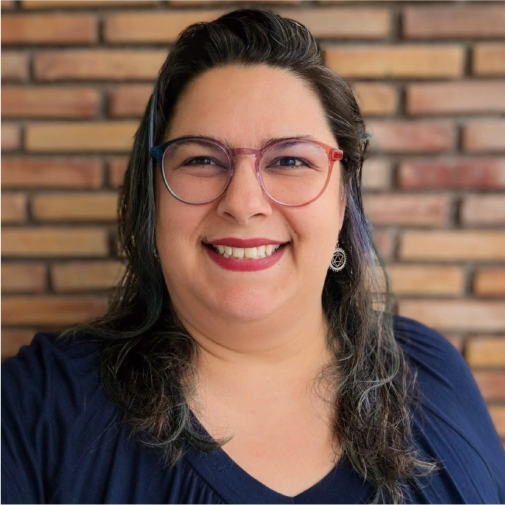




.png)



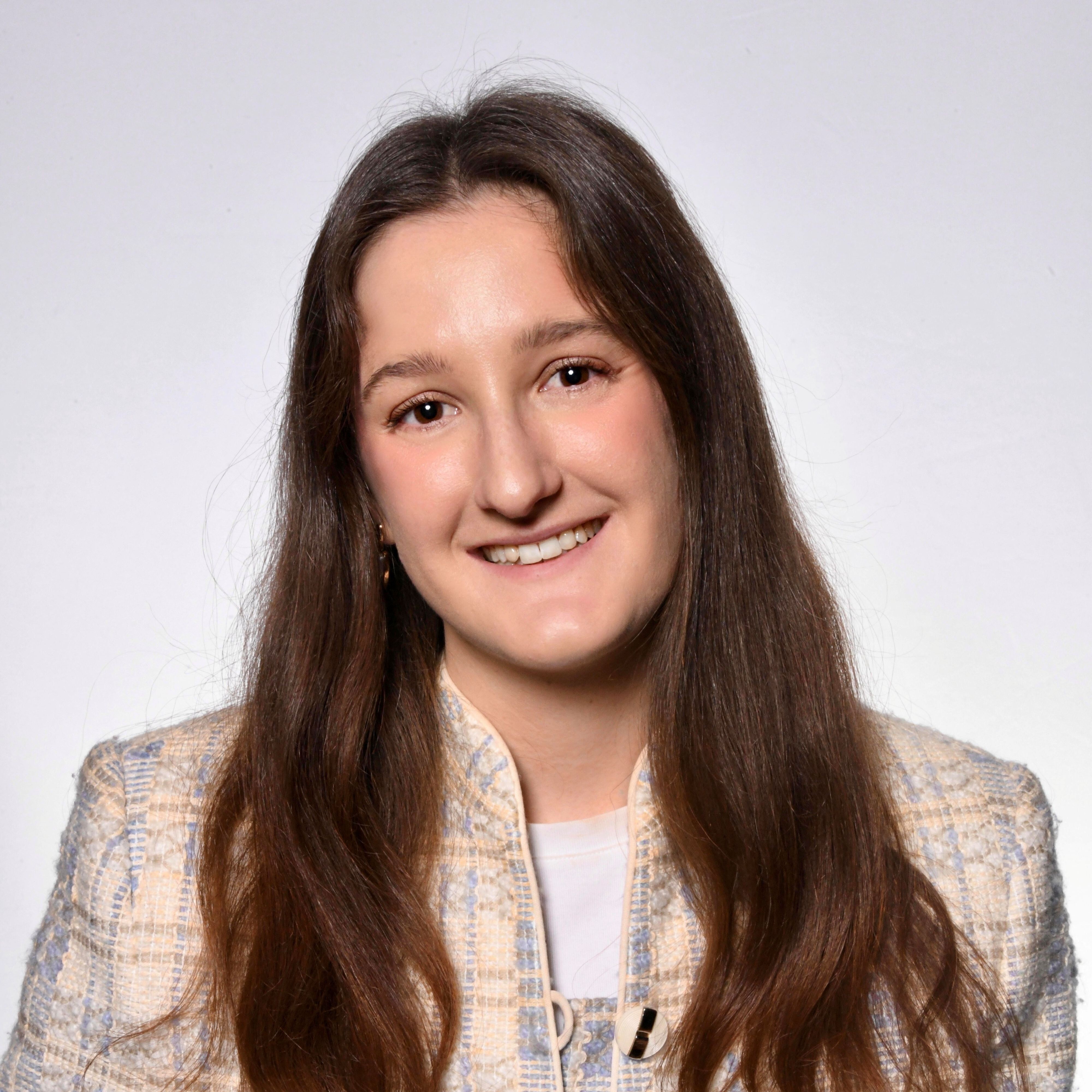









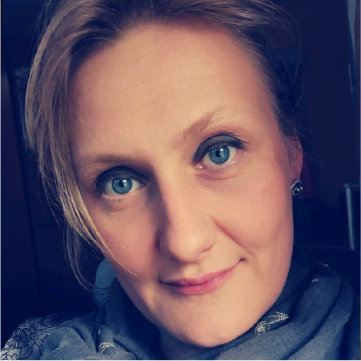
























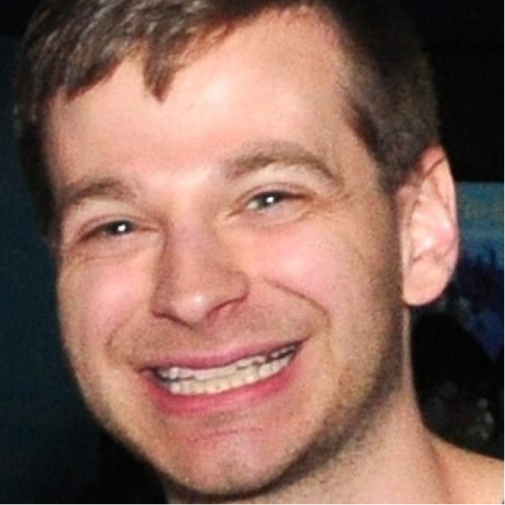














.jpg)
